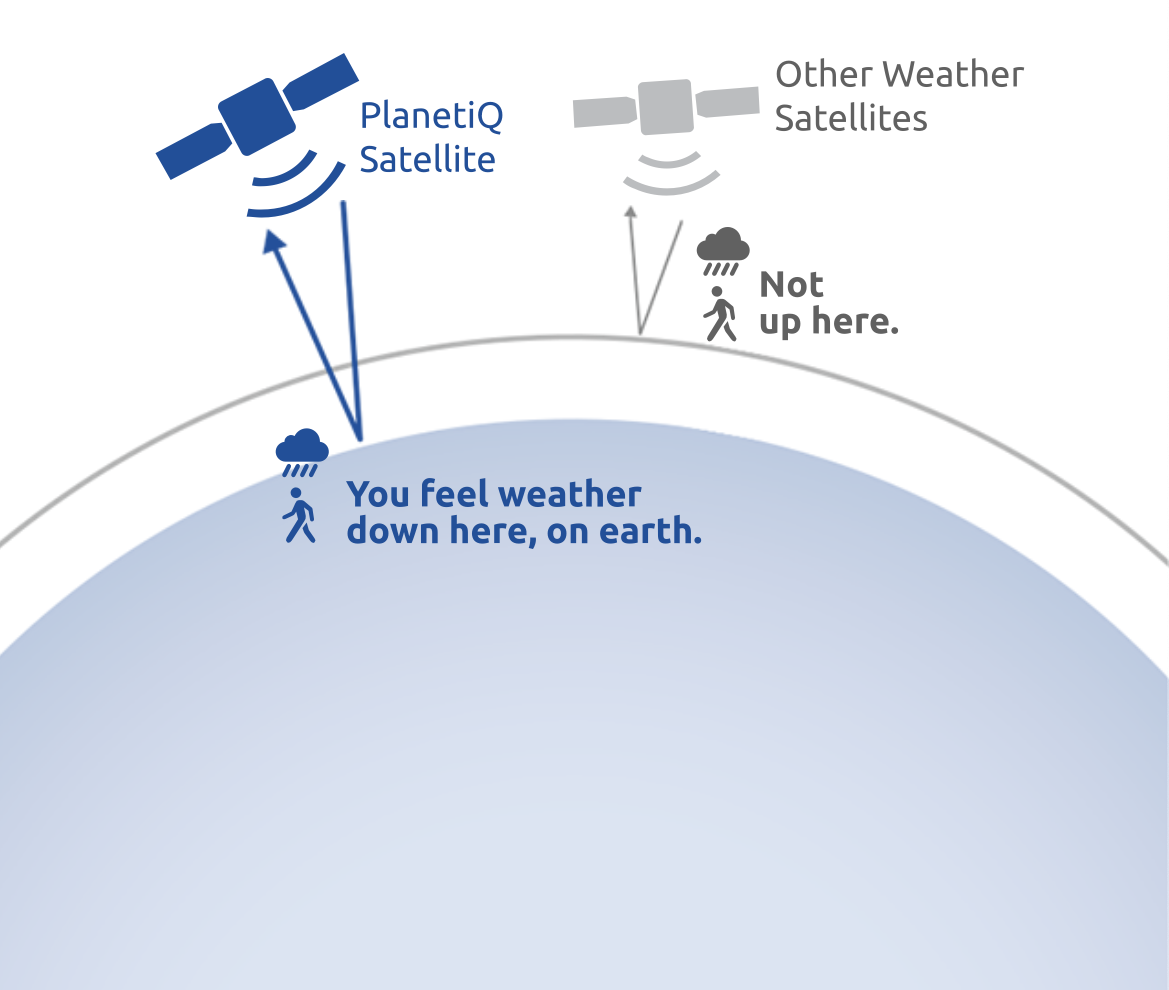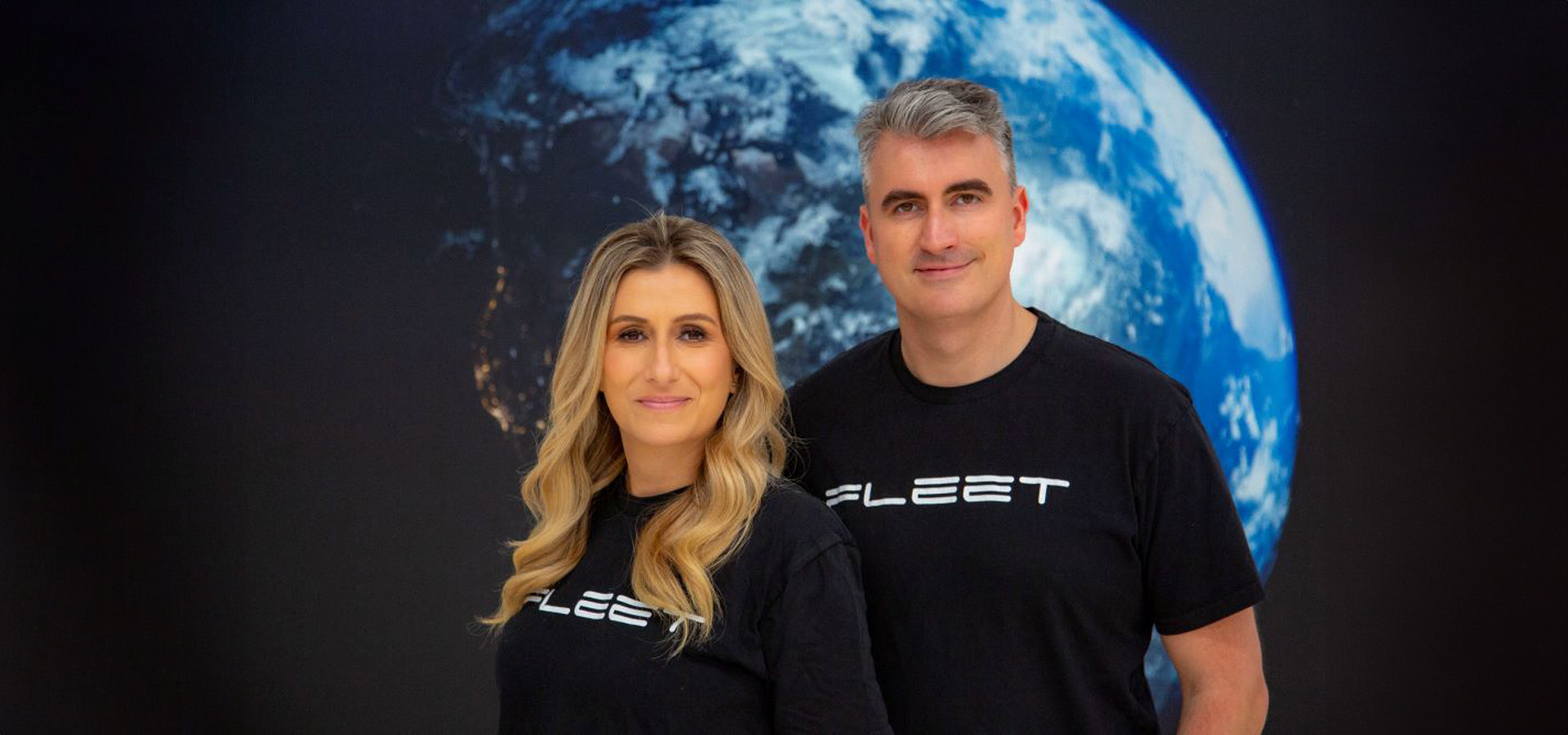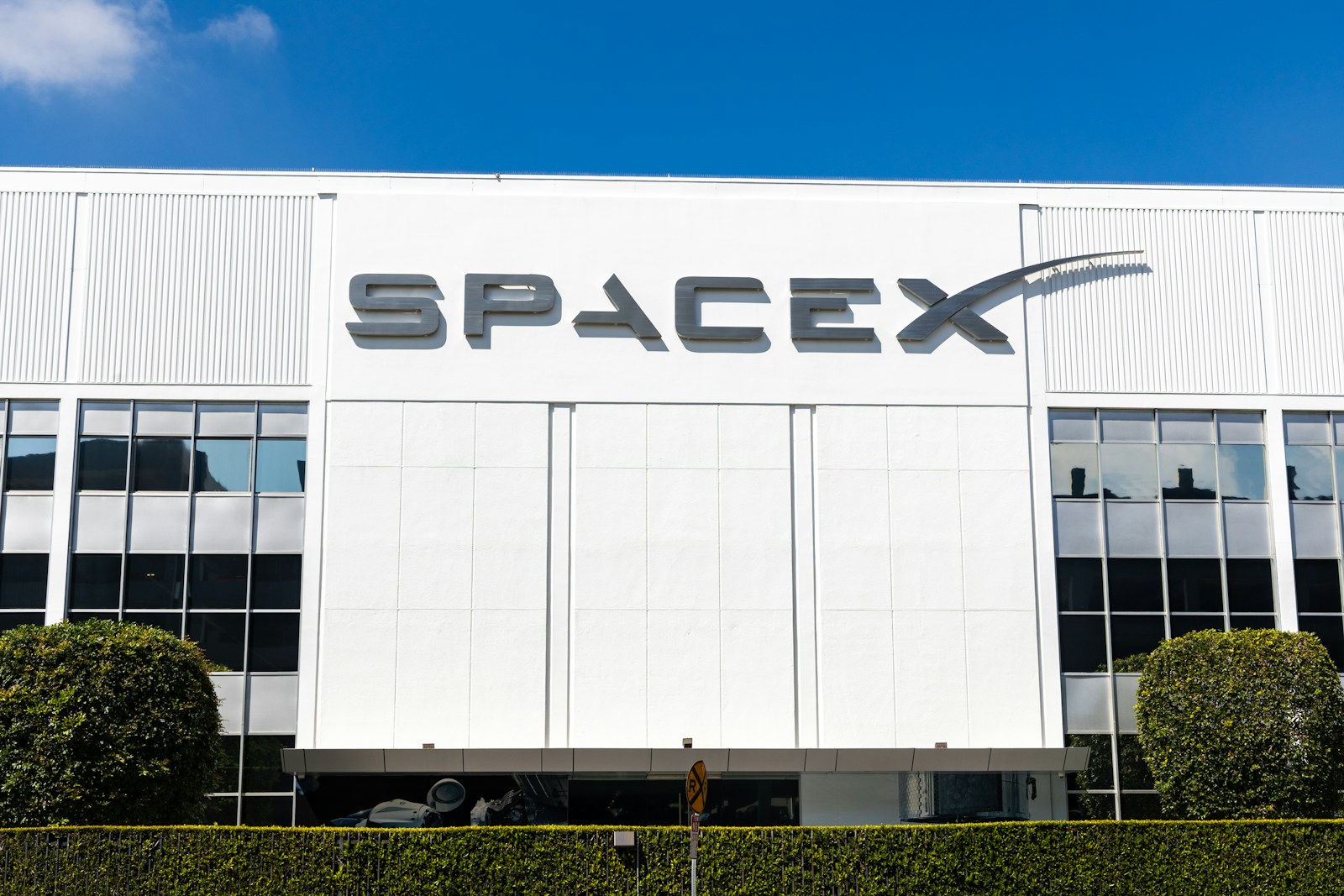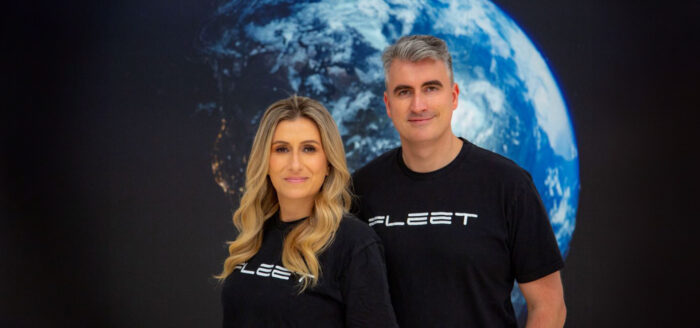Insider Brief:
- PlanetiQ will begin daily delivery to NOAA (National Oceanic and Atmospheric Administration) of their highest quality Signal to Noise Ratio GNSS-Radio Occultation data under NOAA’s IDIQ-2 operational Delivery Order-2.
- The agency has allocated US $59.6 million over the next five years to use commercial satellite data for weather forecasting and atmospheric research.
- PlanetiQ is capable of profiling the thermodynamic state of the atmosphere with very high vertical resolution, precision, and accuracy, in all weather conditions.
PRESS RELEASE — Golden, Colorado / July 18, 2023 — PlanetiQ, a leading innovator of global atmospheric observing systems, announced today that it will begin daily delivery to NOAA of their highest quality Signal to Noise Ratio (SNR) GNSS-Radio Occultation data under NOAA’s IDIQ-2 operational Delivery Order-2. The agency has allocated $59.6 million over the next five years to use commercial satellite data to achieve superior weather forecasting and atmospheric research.
“By incorporating PlanetiQ’s commercial high quality GNSS-RO data, coupled with our deep understanding of RO technology, NOAA will have the information to significantly improve short and medium-range weather forecasts, and provide essential insights to enhance climate change research for the government, military and the private sector,” said PlanetiQ CEO Ira Scharf.
PlanetiQ supplies GNSS-RO data to NOAA from its growing constellation of satellites, which has become a critical part of the global observing system. PlanetiQ is the only system capable of profiling the thermodynamic state of the atmosphere with very high vertical resolution, precision, and accuracy, in all weather conditions – providing critical pole to pole coverage of both the atmosphere and ionosphere. Importantly, this also provides the unique ability to profile the water vapor down to the surface, 80% of which lies within 1km of the surface, fueling severe weather and flooding.
“Our state-of-the-art, next-generation RO sensors, called Pyxis, are smaller, lighter, and consume less power, but have nearly three times the data collection capability than any other system in operation today as we receive signals from all four world-wide GNSS constellations (GPS, GLONASS, Galileo and Beidou),” explained Co-founder and Chief Scientist of PlanetiQ Dr. Rob Kursinski.
“PlanetiQ is very pleased to be selected by NOAA to support its global operational needs for GNSS-RO and we look forward to launching more spacecraft in the next 18 months to expand our global coverage and resolution to further support NOAA and international partners for weather forecasting and climate research,” stated Co-founder and President Chris McCormick. “PlanetiQ is extending the progression from COSMIC and COSMIC-2 satellite data with the highest SNR data to date, continuing this trend to higher quality, and detection of ducting, which occurs in about 30% of all GNSS-RO.”
For more market insights, check out our latest space industry news here.
Contact Information:
Diane Murphy ([email protected])
+1.310.658.8756
SOURCE: Business Wire
Featured image: Credit: PlanetiQ
Share this article:










